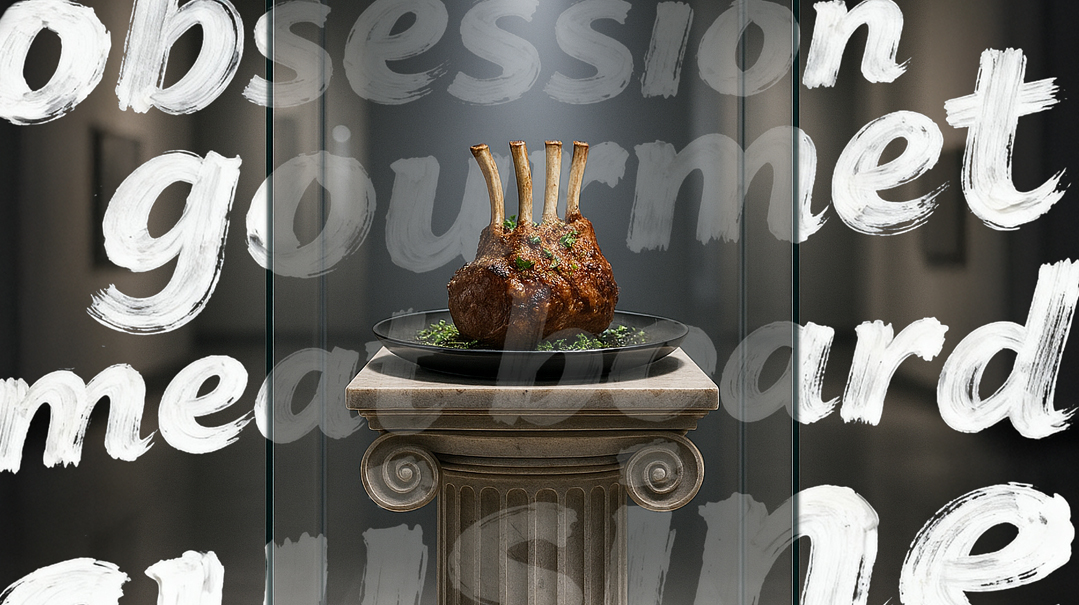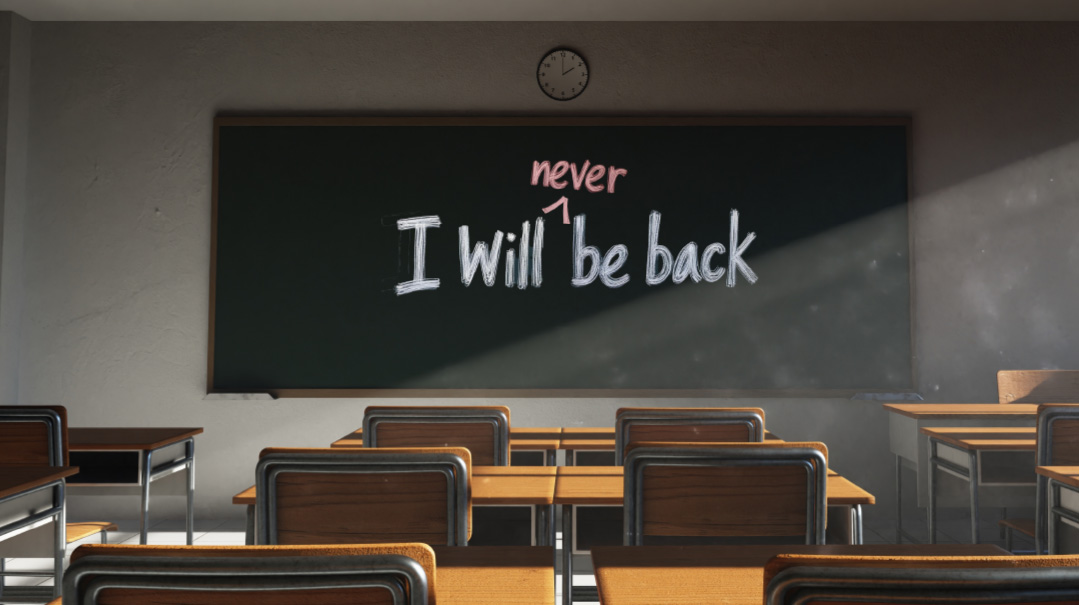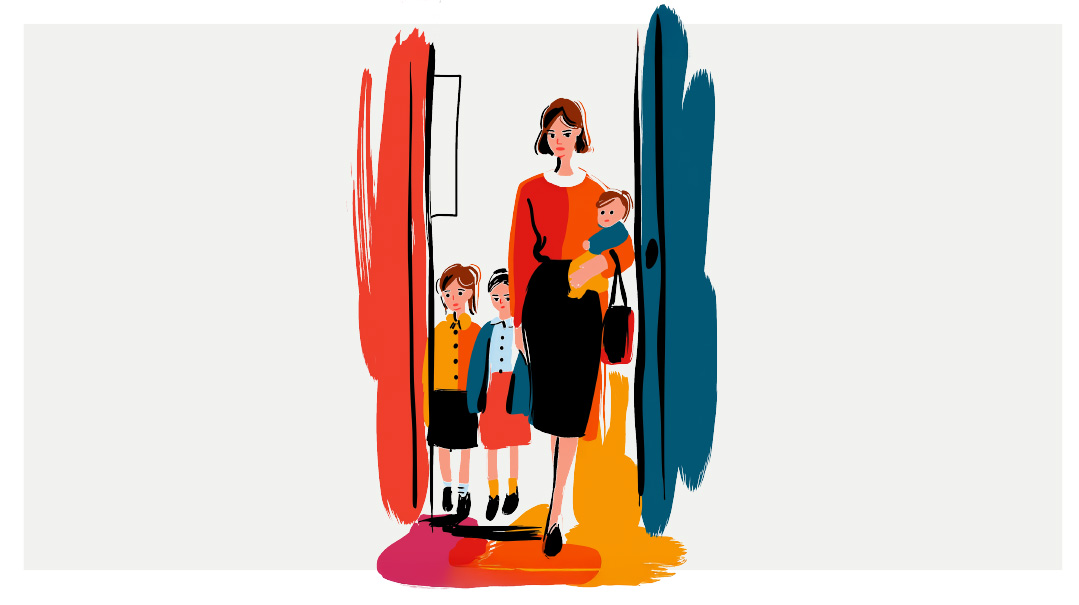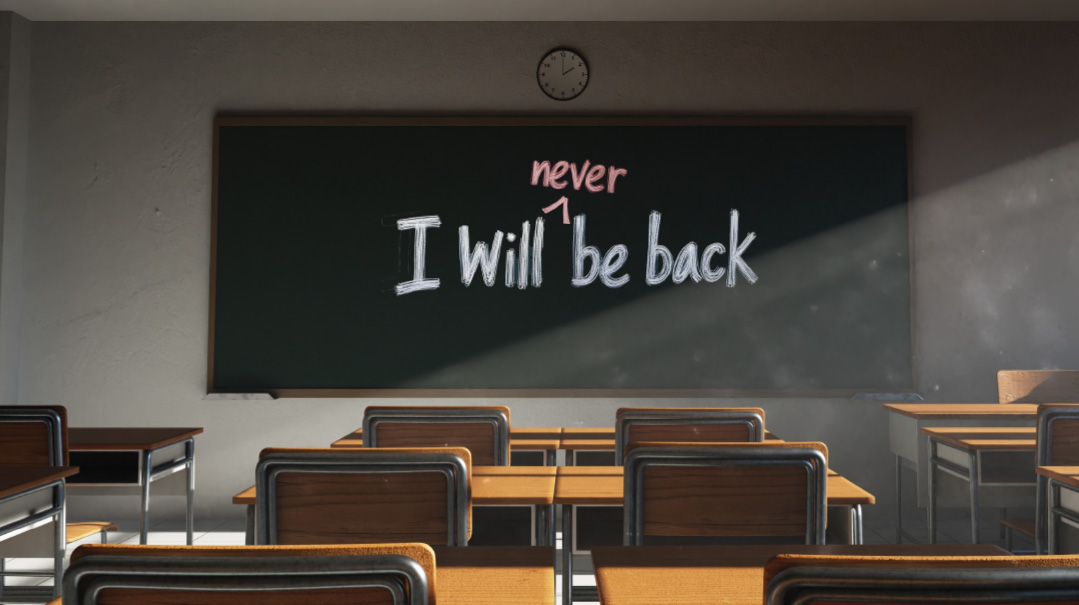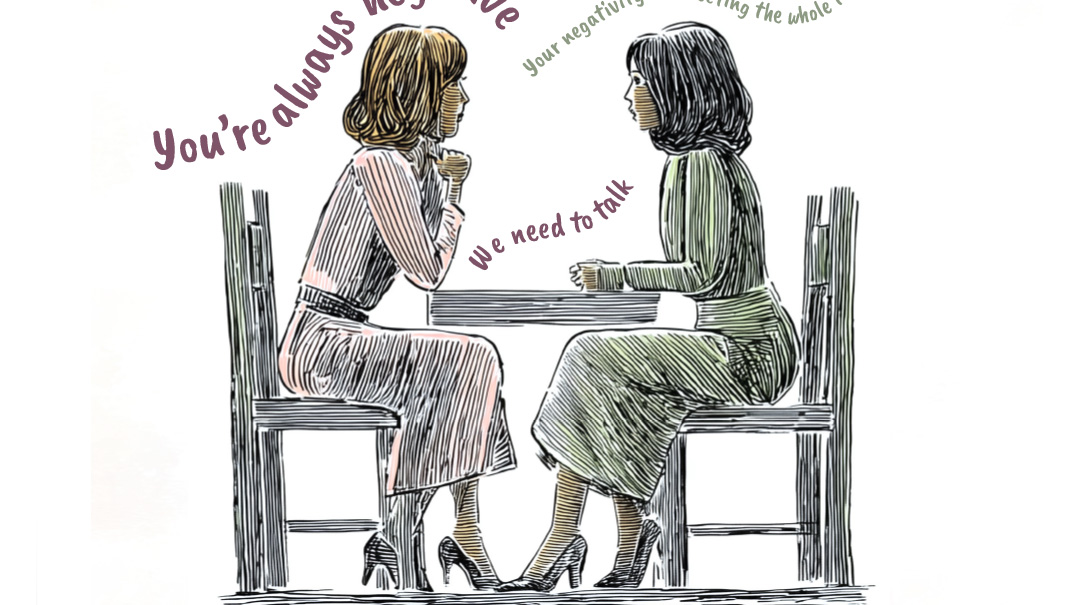No Pity, Please
| August 20, 2024He may not be on our derech — but he still needs someone to believe in him

It’s not really fair to expect people to read my mind, but I’m starting to get a little snippy when someone asks about my son with too much sympathy in their voice. So let me just put this out there — I’m proud of all of my children, and I don’t appreciate it when people act like any one of them is a tragedy.
But since this is a To Be Honest, I’ll be honest. A few years ago, my response to this question was a wee bit different. When a friend who knew my son had been weakening in his Yiddishkeit asked me — with warmth and concern — how’s Shlomo* doing, I responded by bursting into tears.
There were no feelings of nachas there, just searing pain.
When I saw my son slowly wander out of the box I’d carefully constructed for him, I was devastated. This wasn’t what I wanted for any of my children. I raised them with the values I thought were true — reflecting a love of Hashem and attachment to Torah — and things didn’t turn out the way I dreamed they would. I worried about the future. How much worse could he get? What if he didn’t come back? My other children still needed a mother, so I couldn’t exactly stop living, but that’s exactly what I wanted to do.
In my more optimistic moments, I wanted to follow whatever parenting “rules” there were, so I could “fix” him and get him back into that box as soon as possible. I thought I was putting on a pretty good show of that unconditional love bit — until the next time he came home late, or not at all, or pushed past another boundary he hadn’t broken through until then. Then I would blow up at him. Or I’d control myself around him, but sob my heart out in the privacy of my bedroom.
Here’s the part where I want to say I wised up and figured it out on my own. But I didn’t. One night, my oldest son, a regular in-the-box yeshivah bochur, asked me why I hadn’t said anything about his new jacket. I’d noticed his jacket, but had worried it was a little too modern, so I hadn’t complimented him on it. Now that he was asking… I shared my concern. And was shocked by the force of emotion in his response.
“There’s nothing wrong with this jacket! Open your eyes, tons of bochurim wear this kind of jacket. I don’t even know who you are anymore! You’ve become so negative. It’s like having a black cloud as a mother.”
Whoa. What was he talking about? I was the same mother I always was. I denied being more negative.
“I’m sorry if I wasn’t respectful, but you have to know how negative you’ve become! And it’s only for your own good so you can stop,” he said.
I called over another son, and lightheartedly, with a smile, said, “Hey, your brother thinks I’ve become more negative. You don’t know what he’s talking about, do you?”
I didn’t get the confused look I was counting on. He shrugged and said, “It’s because of Shlomo.”
“See?” said my oldest. “He doesn’t want to hurt your feelings. But he didn’t say it wasn’t true.”
Very slowly, as I started to look for the magic answers — what I’d done wrong and how I could fix it — in shiurim, in parenting books, in the hashkafos I’d been taught and believed in my entire life, I started to find them.
See the good, see the good, see the good. And if you can’t find it, look for it.
Once I started to look for it, I found it. In a way it was a relief. When I focused on the very real and natural love I had for my son, I realized unconditional love is a fact, not a choice. I can hide it and cover it with my pain and anger, but there’s nothing I can do to stop it. It felt so good to allow myself to feel that love.
Every child deserves to be someone’s hero. Everyone needs someone who thinks they’re amazing and wonderful and bursting with potential. Everyone should have a cheerleader who believes they will actualize that potential. If that’s not the job of a mother, then I don’t know what is.
So, I decided, no matter where my children are on their journey, I’m going to be their cheerleader. I’m going to find things to be proud of in them.
And the more I looked for it, the more I saw it.
Once, just as I’d finished washing dishes, a large Pyrex dish slipped off the draining board and shattered all over the kitchen floor. Shlomo took one look at my face and grabbed a broom. “Mommy, go sit on the couch. Don’t worry. I’ll clean this up.” He didn’t stop until he was sure he’d gotten every shard. Does that sound like a child I need to mourn for? Not every child who leaves the derech leaves everything behind.
One of the mitzvos Shlomo still connects to is laying tefillin. Once, when he was driving down to Eilat with friends, they realized shkiah was fast approaching, and they hadn’t put on tefillin yet. They noticed that the car pulling out of the parking lot ahead of them was driven by a Chabadnik. They cut him off with their car and ran to his window, explaining that, “It’s almost shkiah and we didn’t put on tefillin.” Of course he obliged. Should I be devastated by a child who is keeping a mitzvah, just because he isn’t keeping all the mitzvos?
My son has been asked more times than he can count if he was once a yeshivah bochur because there’s a certain refinement you can’t hide, no matter how you look on the outside.
Now that I look for the positive, I’ve found an endless list of things to be proud of in all of my children, not just Shlomo.
Some people express concern that if I don’t call my kids out on what they’re doing wrong, they’re going to think I approve of their actions. But they grew up in my house; they know exactly what’s important to me. Calling them out is just going to create more negativity between us. I certainly can’t positively influence a child who’s avoiding me.
I used to waste energy trying to understand the hows and the whys of my son’s choice — until I realized I could never know. I don’t know where my child’s neshamah was before it came into This World. I can’t guess what tafkid he was given. And even though I’m his mother, there’s so much I can’t know about his life.
What I do know is that Hashem loves my son even more than I do. He’s leading him to his tafkid, along the journey his neshamah is meant to take in This World. As much as I want him to succeed, Hashem wants him to succeed even more.
But unlike me, Hashem has the ultimate ability to present him with the experiences and situations perfectly suited to his neshamah and its tafkid. He’s in control. I don’t understand how all of this is for Shlomo’s good, but that’s okay, because I don’t have to. My energy is better spent investing in our relationship.
No child wants to be a disappointment to their parents. Mommy’s pain and anger are too heavy a burden for any child to carry. Every single person wants to be their best. Everyone wants to succeed. If my children aren’t leading the life I would want them to, there are reasons I can’t understand and can’t judge. It’s unfair to lay the weight of my emotions on their already trembling shoulders. When those feelings surface, I remind myself of Hashem’s part in this and focus on my love for them and belief in their ultimate goodness.
That doesn’t mean my pain and anger aren’t real. Keeping all these ideas in focus certainly helps, but it doesn’t mean those feelings will never surface. There are times I have to address my own feelings, but I need to do that in a space and in a way that doesn’t involve my child. When we’re together — that’s a space that honors my child as a whole person, a wonderful person who is doing his best with the tools he has at that moment. A space where I don’t need to judge and measure and worry because I’m with my beloved child — who is bursting with talents and virtues and so much potential I can feel it.
The incredible thing is watching how my son responds to this change of approach. The results are subtle, but powerful. My child is different, the relationship is different. There’s more love and positivity and goodness. Focusing on how good he is draws out more goodness.
I’m not saying we shouldn’t be davening for these kids. But we shouldn’t be davening out of desperation; we shouldn’t be viewing them as a catastrophe. We should be davening for a wonderful, whole person who’s struggling in some areas. Everyone struggles. Hashem puts each one of us into This World to struggle and grow. Sometimes we can see what people are struggling with and sometimes we can’t. Everyone is a work in progress.
So go ahead, ask me how Shlomo is doing, but please, with a smile and not with pity. I’ve no need for pity. He’s a great kid.
(Originally featured in Family First, Issue 907)
Oops! We could not locate your form.


